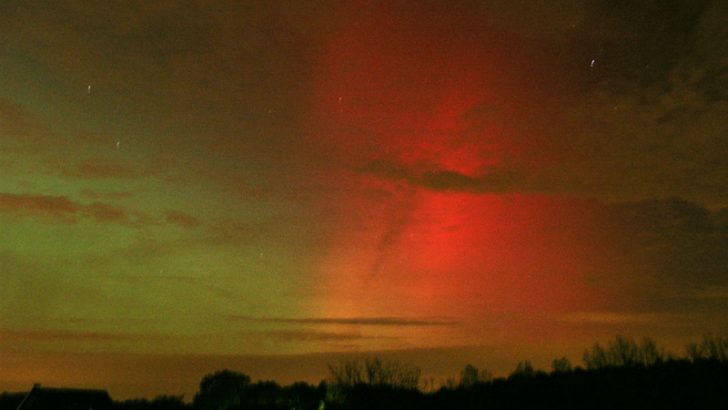
Amazon has finally released Amazon Aurora for general release to all of its customers. The new database is firmly aimed at MySQL users and beyond that it is hard to say. The initial trials included more than a thousand customers from a variety of industries and use cases with the initial results were quite positive.
Amazon clearly hopes that its new database, significantly cheaper than the larger solutions such as Oracle and MS SQL Server, will initially prove itself weaning MySQL users. After that it will be looking to grab a large portion of the wider market. Amazon are claiming that the new database is five times faster than MySQL and a tenth of the cost of the commercial databases.
The initial trials have indicated that it can be scalable, durable and reliable for enterprise and internet scale computing and also can deal with large IOT databases as well as critical systems. There will be some scepticism around this from DBA’s but the new system is here to stay and will increase the reliance of users on AWS. As the competition between hyperscale compute increases implementing a proprietary database, compatible with Open Source MySQL suggests that Amazon will be hoping to create some kind of lock in for customers.
Is Aurora all bright lights?
Aurora certainly has some impressive statistics and should certainly be considered for those customers currently using MySQL on AWS for the performance increase, if they need it. There are a few things to be wary of. While compatible this does not mean that everything within your MySL database will work on Amazon Aurora such as the MyISAM storage engine.
Amazon have also decided not to make Aurora available at the free tier level. This is an interesting move but it also gives a level of confidence that Amazon will need to maintain the compatibility with MySQL as new customers wishing to migrate to Aurora will only continue to do so if it is easy. If Amazon moved the Aurora development path away from its roots then they would find customers no longer willing to port their databases over. It also places Aurora as a premium product.
Aurora Availability
Amazon Aurora is immediately available within the Amazon Relational Database Service (Amazon RDS) in the US East (N. Virginia), US West (Oregon), and EU (Ireland) Regions. The plans are to roll out availability to other regions over the next few months. As this roll out continues it will be interesting to see how many customers can be convinced to move across.
The pricing of the database will make a difference though. Amazon Aurora does have a premium over MySQL with an entry level db.r3.large instance being $0.29/hour as opposed to $0.24/hour. The question will be whether this apparent discrepancy is made up by the speed improvements as the database instances and become more complex.
Targeted at MySQL or someone else?

There is no doubt that Raju Gulabani, Vice President, Database Services, AWS when commenting in the press release is not talking about MySQL when he says: “Today’s commercial-grade databases are expensive, proprietary, high lock-in, and come with punitive licensing terms that these database providers are comfortable employing.
“It’s why we rarely meet enterprises who aren’t looking to escape from their commercial-grade database solution. Now, with Amazon Aurora, companies can get at least the same availability, durability, and security as commercial-grade databases for one-tenth of the cost.”
In capturing the MySQL database market on AWS for Aurora, Amazon clearly hope that they will be able to stop the drain of income as customers migrate to Oracle or SQL Server as their requirements become mature. The use cases from the trials have some impressive soundbites but actually winning customers from the larger enterprise databases may be a lot tougher than MySQL. In fact the comparisons are all MySQL.

Alfresco, the CMS (Content Management System) provider switched to Aurora from MySQL. John Newton, Founder and CTO, Alfresco reflecting upon their usage said “Amazon Aurora was able to satisfy all of our scale requirements with no degradation in performance,”
“With Alfresco on Amazon Aurora we scaled to 1 billion documents with a throughput of 3 million per hour, which is 10 times faster than our MySQL environment. It just works!”
The interesting point here is that Amazon Aurora is not Open Source. That Alfresco and other Open Source vendors have already or will support Aurora is interesting and there will be some moral questions about whether they are actually committed to open source as much as they were before.
Conclusion
Other comments were equally praising, the test will come once usage increases and customers discover whether there are any cracks in the solution. If none are found then Amazon may have created a new database that might threaten the oligarchy already in place. This will not happen overnight, it took SQL Server years to even begin to be considered in the same sentence as Oracle for an enterprise database, and many still feel it falls short.
As Amazon Aurora rolls out across the globe the impact upon MySQL may be greater though. It is not possible to run Aurora on-premises so accessibility to the cloud may become a stumbling block, especially for developers.


























